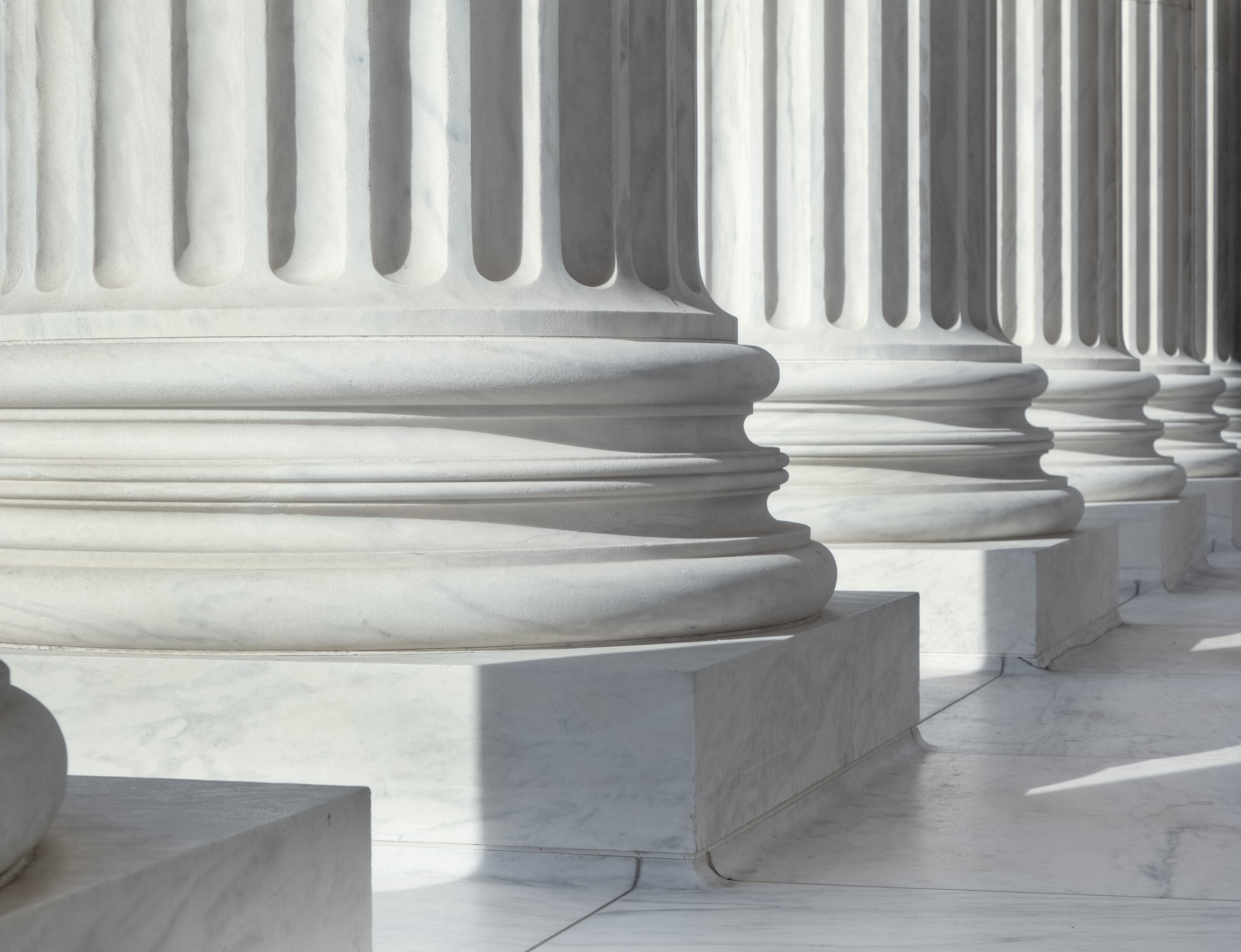ICYMI From CBA’s Johnson: Washington’s Fixation On Your Credit Card Is Political, Not Personal

In a new op-ed published by the Cleveland Plain Dealer, CBA President & CEO Lindsey Johnson outlines how two proposals being considered in Washington, D.C. – the CFPB’s expected rulemaking to lower credit card late fees and the Credit Card Competition Act in Congress – would directly harm the millions of Americans who rely on credit cards to meet their daily financial needs. Unfortunately, as Johnson wrote:
“Credit cards have become an easy target for politicians armed with attractive, yet empty, talking points. The fact is there are nearly 500 million credit cards in America, held by nearly 200 million people. These proposals will cost cardholders more than the hypothetical savings that politicians are promising. It would be better for everyone if Washington stayed out of our wallets.”
The full op-ed is available here and below.
--
Washington’s Fixation On Your Credit Card Is Political, Not Personal
Lindsey Johnson
Cleveland Plain Dealer
August 6, 2023
WASHINGTON -- Millions of American households and small businesses rely on credit cards to make ends meet, pay for emergency expenses, and cover the cost of everyday purchases.
In addition to providing a convenient financial cushion, consumers also value the rewards they earn when using their credit cards, whether it comes in the form of cash back or points to use for travel or simply to buy office equipment.
As the nation contends with persistent inflation and other economic headwinds, the important role these financial tools play in our lives cannot be overstated. According to a recent report, nearly 25% of Ohioans say they’ve increased their credit card use recently. That’s why it is so puzzling that Washington politicians are seeking to “fix” a credit card system that isn’t broken.
The Biden administration has spent a lot of time this year talking about so-called “junk fees,” urging companies to eliminate or reduce those additional charges consumers are often required to pay when booking a hotel room, a flight, or purchasing tickets to the Taylor Swift concert last month in Cincinnati.
Nobody likes hidden costs, but credit card late fees, which the Administration has lumped into this broader political campaign, are the exact opposite of junk. As one of the most highly regulated industries in the world, banks are required by law to provide consumers with clear and conspicuous disclosures before they ever sign up for a credit card.
In fact, a majority of Americans believe credit card late fees are legitimate and an overwhelming 76% agree that “paying [your credit card minimum payment] on time is a personal responsibility I accept when I get a credit card.”
The White House should also consider the consequences of reducing late fees on the very people they claim to be helping. If these fees are reduced so low that they no longer deter cardholders from missing a payment, the impact is far worse than paying today’s late fee. Frequent missed payments can negatively impact one’s credit score – up to 100 points – such that they may struggle to get approved for another card, or for a car or home loan.
Importantly, under this proposal, all cardholders – even the vast majority (74%) of people who pay on time – will likely see costs increase and new credit card applicants may find it more difficult to get approved for new cards.
In a separate effort on Capitol Hill, a small, but vocal contingent of legislators, including the junior senator from Ohio, are championing the Credit Card Competition Act, a bill that more aptly could be called the Big Retailer Profit Act.
The proposal seeks to line the pockets of big retailers like Walmart, Target, and Amazon by shifting fees paid to cover the costs incurred by payment system providers and financial institutions to create, maintain, and secure the payment rails across the world, directly to these big box retailers.
This isn’t theoretical; in 2010, Washington passed similar legislation that shifted fees paid for debit cards, so we know the devastating impact that this proposal to do the same for credit cards would have on consumers: skyrocketing consumer costs and fraud.
In the years since the enactment of the debit card legislation, debit card fraud increased by 60%. And the “savings” promised to consumers by retailers in negotiating this legislation were never realized either. Retailers have since pocketed more than $145 billion from debit card fee mandates, and just 1% of all merchants passed those savings to consumers.
In contrast, U.S. card rewards programs in 2020 returned roughly $50 billion to consumers of all income levels. This is because banks compete fiercely for consumers’ business, offering the most competitive rates and rewards programs in the world, while also providing the robust security and fraud prevention tools consumers expect and deserve.
Congress should reject this proposal to ensure American consumers have access to the best payment security, innovation, and most competitive rewards programs in the world, instead of picking winners and losers at the expense of the families and Main Street businesses they’re tasked with serving.
Credit cards have become an easy target for politicians armed with attractive, yet empty, talking points. The fact is there are nearly 500 million credit cards in America, held by nearly 200 million people. These proposals will cost cardholders more than the hypothetical savings that politicians are promising. It would be better for everyone if Washington stayed out of our wallets.
CBA Advocacy
- CBA recently sent a letter to the U.S. Senate Subcommittee on Financial Institutions and Consumer Protection reiterating opposition to the Biden Administration’s ongoing “junk fee” campaign that misrepresents well-regulated bank fees, including credit card late fees.
- CBA also commissioned a poll in April which found that the majority of Americans appreciate the personal responsibility associated with on-time credit card payments and don’t believe these fees constitute “junk.” In addition, the Washington Post debunked several claims included in the CFPB’s proposal to lower credit card late fees, calling the agency’s calculation’s “fuzzy math.”
- CBA has long warned the Durbin-Marshall credit routing proposal would directly harm consumers by establishing an unnecessary and unsafe federally-mandated payment network that cou



